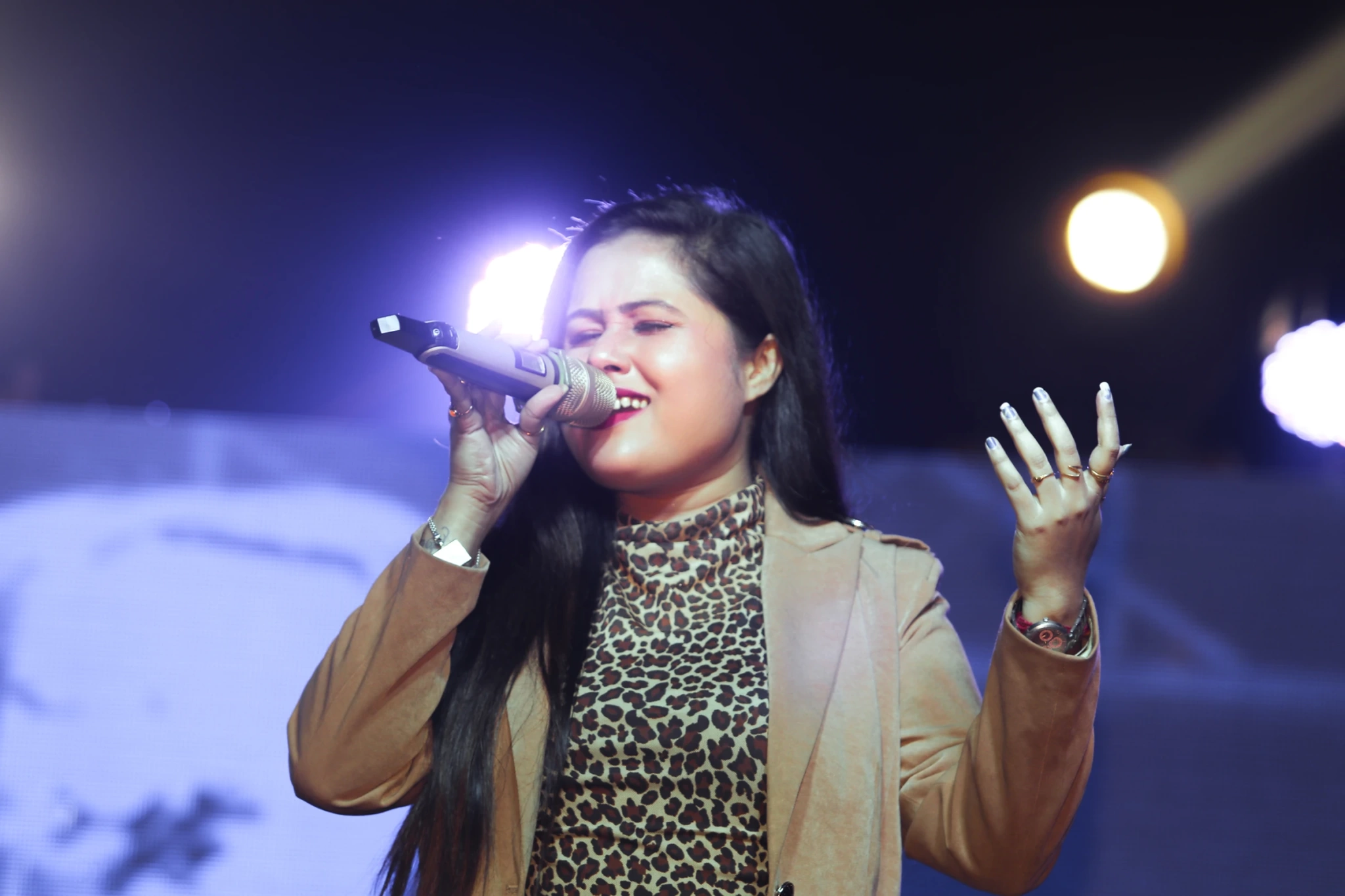Music has been a lifelong friend to me. Through my myriad experiences as a student, a vocalist, a theatre artist, and a teacher, the constant company I have received from classical music has utterly transformed me. Classical music has not only served as an excellent medium of expression, discipline, and joy that it has brought into my life, but can do many other wonders for a student of Indian music.
For young learners, especially since they are growing up outside the Indian subcontinent, the valuable teachings of classical music become a precious gift. They may not realize it at their tender age, but the instruction, practice, and performance of classical music is a personal connection for them to their roots. In music classes, it is a mistake to assume that the child will just learn music. They will also inevitably be introduced to history, stories, moral values, and a general cultural awareness about their artistic heritage.
Above all, in children, it instills a strong sense of identity and dedication, values which are infinitely important in today’s world where academic pressure, cultural ambiguity, and an overall fast-paced lifestyle often prevents them from having an immersive experience in artforms. However, the daily riyaaz that is recommended to any student of Hindustani classical music, the memorization of the Ragas, the time spent to understand the meaning behind the language of the composition- all these aspects ensure that your child spends some dedicated time to the study and practice of music, an experience that calms them, grounds them, and defines them as an artist and an individual.
The merits of learning Indian classical music are certainly not limited to young learners. Adults, no matter their age, often assume that it is “too late” for them to start learning, or worry about having enough time to dedicate to other important areas of their life, such as their career or their family. However, the understanding of music requires no specific age- one simply needs the will to learn and the ability to love the classical arts. As added benefits, classical music can often serve as a source of artistic and cultural values one can pass onto their children, or even as a moment of self-fulfillment among our busy schedules. Moreover, if you learn along with your child, there is no greater bond to be shared than that of music.
Hindustani classical music, as many assume, is also not limited to a single type of music, simply confined to Ragas, Taans, and other classical elements. I have also experimented and taught styles such as folk, Bollywood, semi-classical, and Bhajans, and have found that a foundation of Hindustani classical music is always valuable to these styles as well. Any learner can begin with any of these styles, and it is up to me, the teacher, to ensure that you receive the best in both- what you wish to learn as an artist, and the classical training that is required to help you achieve it.
Finally, it is my opinion that an experience with classical music not only makes an individual a more dedicated learner within the classroom, but also a more conscious, self-aware, and confident performer. Even in children, it brings about the awareness of portraying the nuances of classical music to an audience, which enriches their overall experience. Even the process of preparing for a performance, practicing, collaborating with other students- it all creates a very unique ambience for an individual, giving them something to look forward to every day of their lives.
